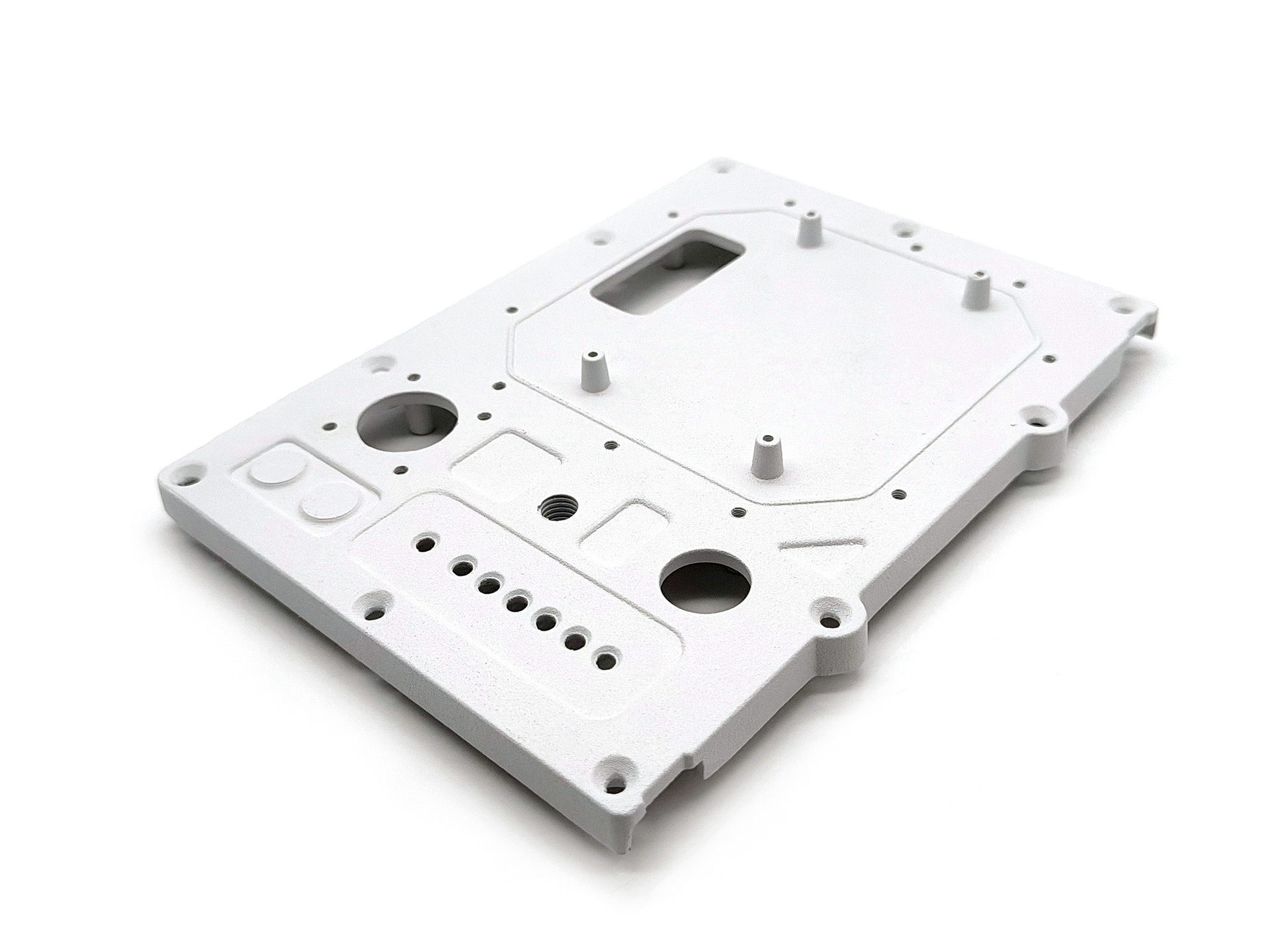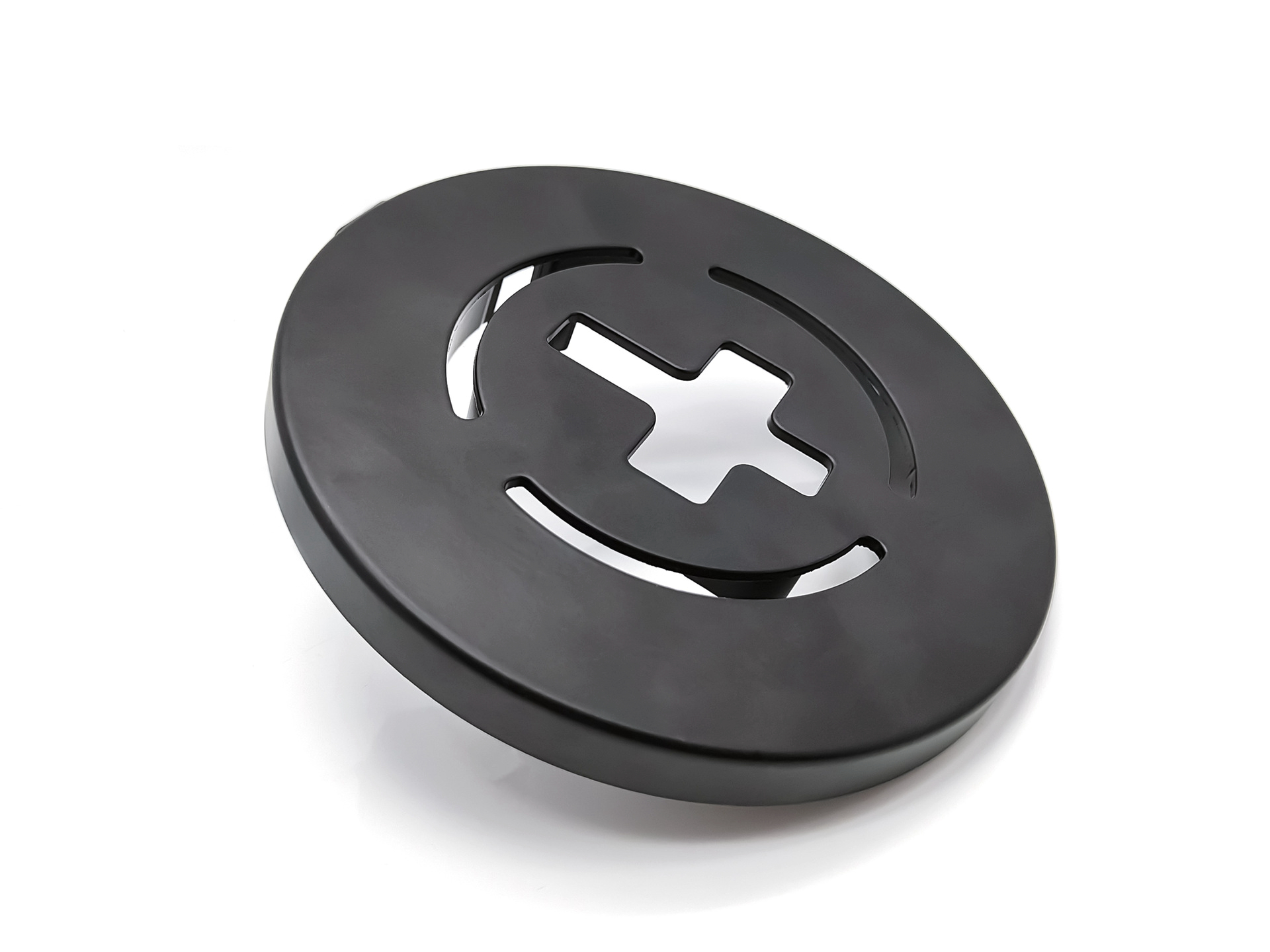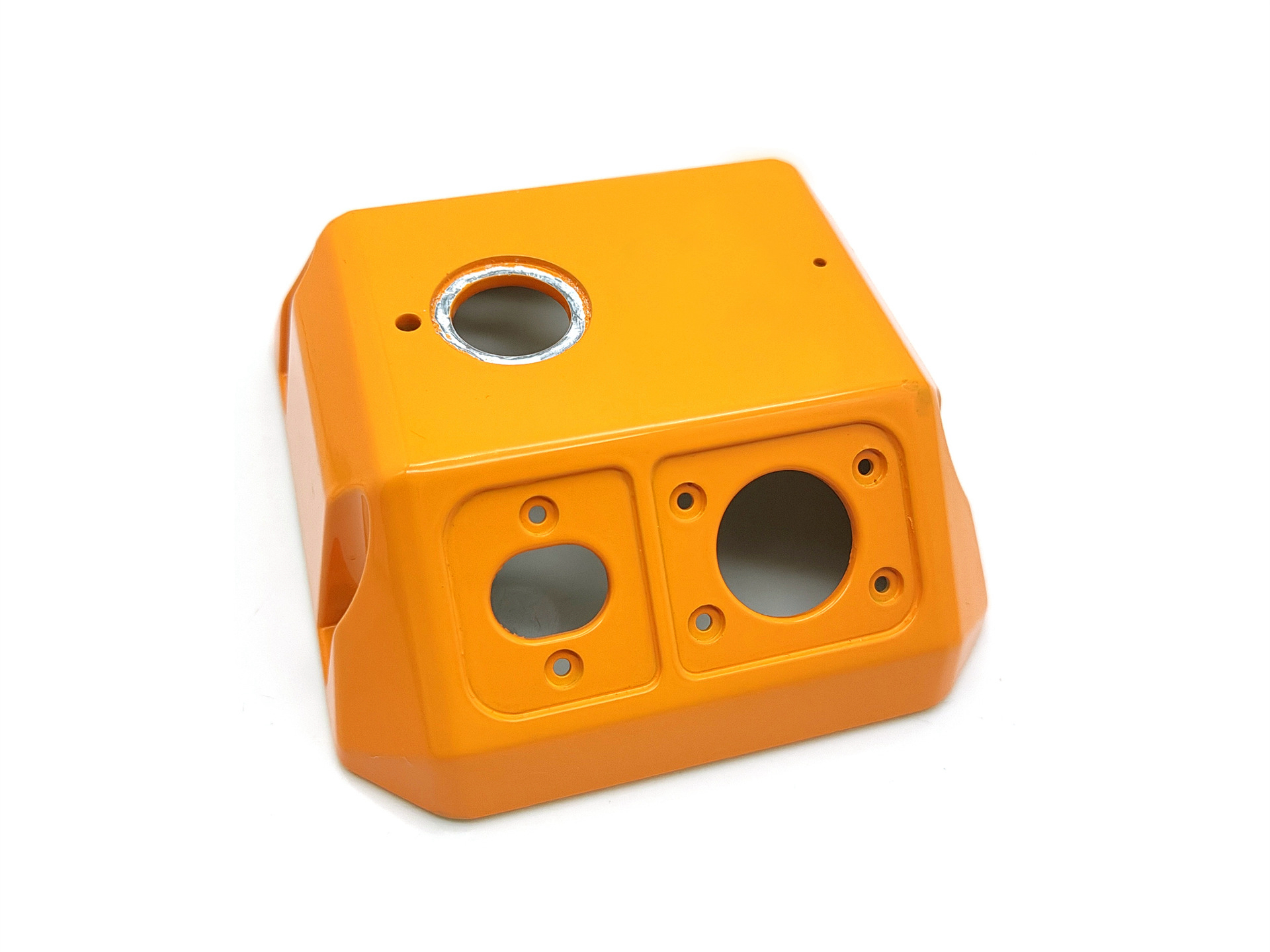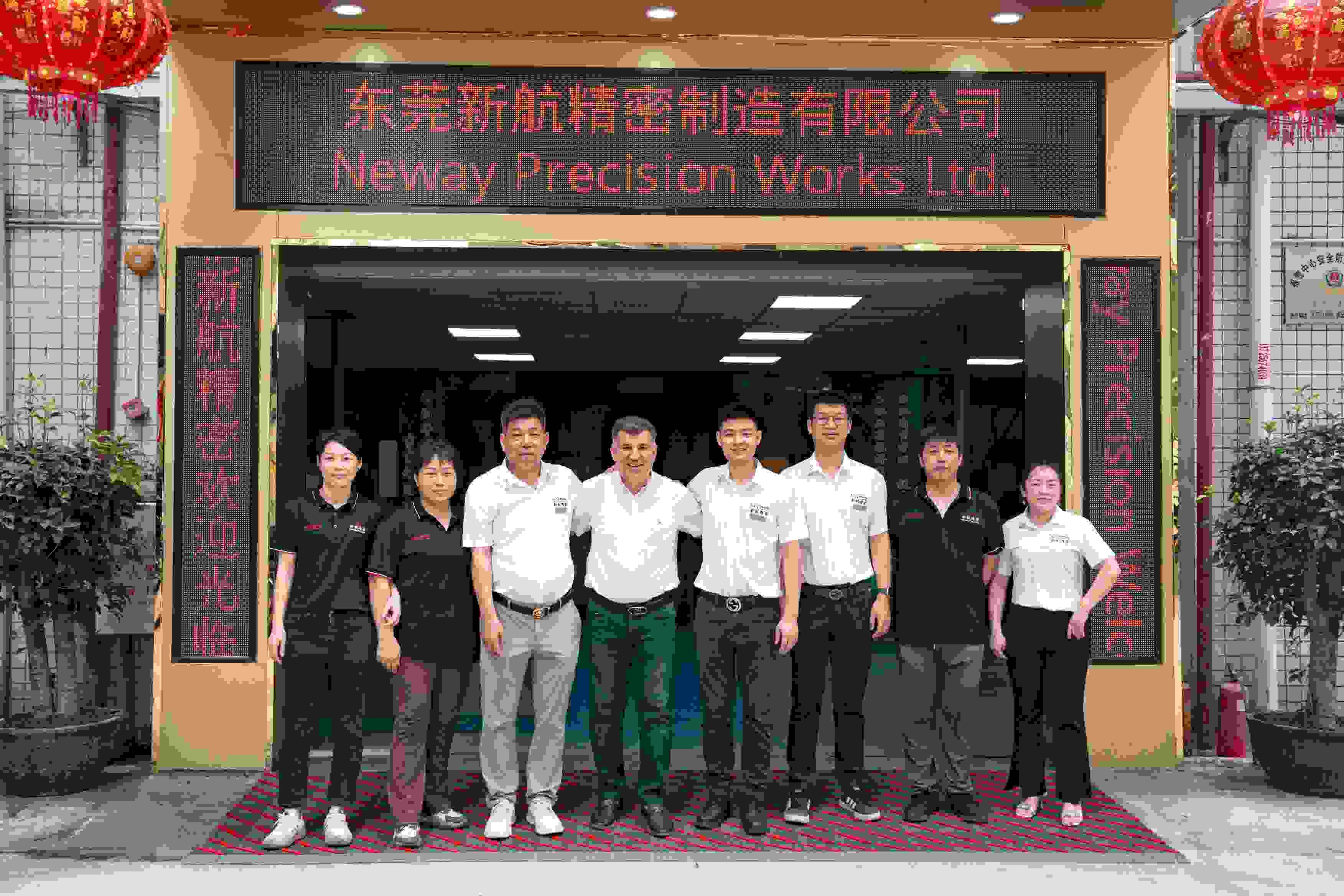What is the typical lead time for metal casting prototypes?
The lead time for metal casting prototypes can vary significantly depending on the part’s complexity, casting method, material selection, and post-processing requirements. At Neway, prototype production timelines typically range from 2 to 6 weeks, with some rapid prototyping methods capable of delivering cast parts in as little as 7–10 business days. The key to determining accurate lead time is understanding the factors influencing casting speed and aligning them with your project’s requirements.
Neway offers a wide range of prototyping options, including sand casting, urethane casting, 3D printing for metal patterns, and low-volume die casting runs, providing tailored solutions to balance time, cost, and part fidelity.
Typical Lead Times by Prototyping Method
Prototyping Method | Typical Lead Time | Best Use Cases | Tooling Required |
|---|---|---|---|
Urethane Casting | 7–10 business days | Aesthetic mock-ups, fit checks, low-load components | Silicone molds |
Sand Casting | 2–4 weeks | Structural metal parts, pre-die-casting evaluation | Sand tooling / printed cores |
3D Printed Metal (patterns) | 2–3 weeks | Complex geometries, pilot runs, fast design cycles | No permanent tooling |
Permanent Mold Die Casting | 4–6 weeks | Functional prototypes, low-volume trials | CNC aluminum or steel tooling |
CNC Machining (substitute) | 3–10 days | Interim parts prior to casting readiness | No mold needed |
Factors That Influence Prototype Lead Time
Several technical and project-related variables affect prototype turnaround:
1. Part Complexity: Highly detailed or thin-walled designs may require advanced gating systems or multiple cores, increasing tooling and process time. Parts requiring undercuts, inserts, or multiple cavities will also extend the lead time.
2. Tooling Approach Prototypes using temporary tooling (e.g., 3D printed sand molds or silicone molds for urethane) can be produced faster than those requiring full tool and die manufacturing. CNC-machined permanent molds, typical in aluminum die casting, take longer to prepare but are more precise and reusable.
3. Casting Alloy Selection The material itself influences processing time. For example:
A380 aluminum: flows well, minimal prep time
Zamak 3: fast-casting zinc alloy, excellent for quick turnaround
C95500 bronze: high-temp alloy requiring more preheat and controlled solidification
Choosing widely used die casting alloys can help reduce sourcing and process calibration delays.
4. Post-Processing Requirements Parts needing secondary CNC machining, surface treatments (such as powder coating or anodizing), or dimensional inspections will add 2–5 days depending on the scope.
5. Volume of Prototypes Producing one prototype is faster than producing a pilot run of 20–50 pieces. However, modern die casting cells allow for batch pilot production in less than a week after tooling is ready.
Fast-Track Options
Neway supports rapid development schedules through:
In-house CAD-to-pattern workflow for printed cores or direct mold machining
Quick-pour sand casting systems for single-use trials
Rapid prototyping services using soft tooling and digital mold design
These methods are especially valuable when transitioning from early-stage design validation to functional prototype testing before committing to high-volume mass production.
Recommended Timeline Planning
To align your design and procurement teams with realistic prototyping lead times, we recommend the following planning windows:
Simple prototype with soft tooling: Allow 10–15 business days
Structural prototype with post-machining: Plan for 3–4 weeks
Pilot batch using die casting tooling: Plan for 4–6 weeks (including tool fabrication)
Starting early with DFM consultation can shorten iterations and help avoid costly tooling rework.
Conclusion
The typical lead time for metal casting prototypes ranges from 1 to 6 weeks, depending on the method, complexity, and processing steps involved. Neway provides flexible prototyping solutions to meet fast-paced development cycles, offering speed and accuracy for your casting programs. By leveraging sand casting, urethane molds, digital tools, and low-volume die casting, we help our customers validate designs and accelerate time to market with confidence.



